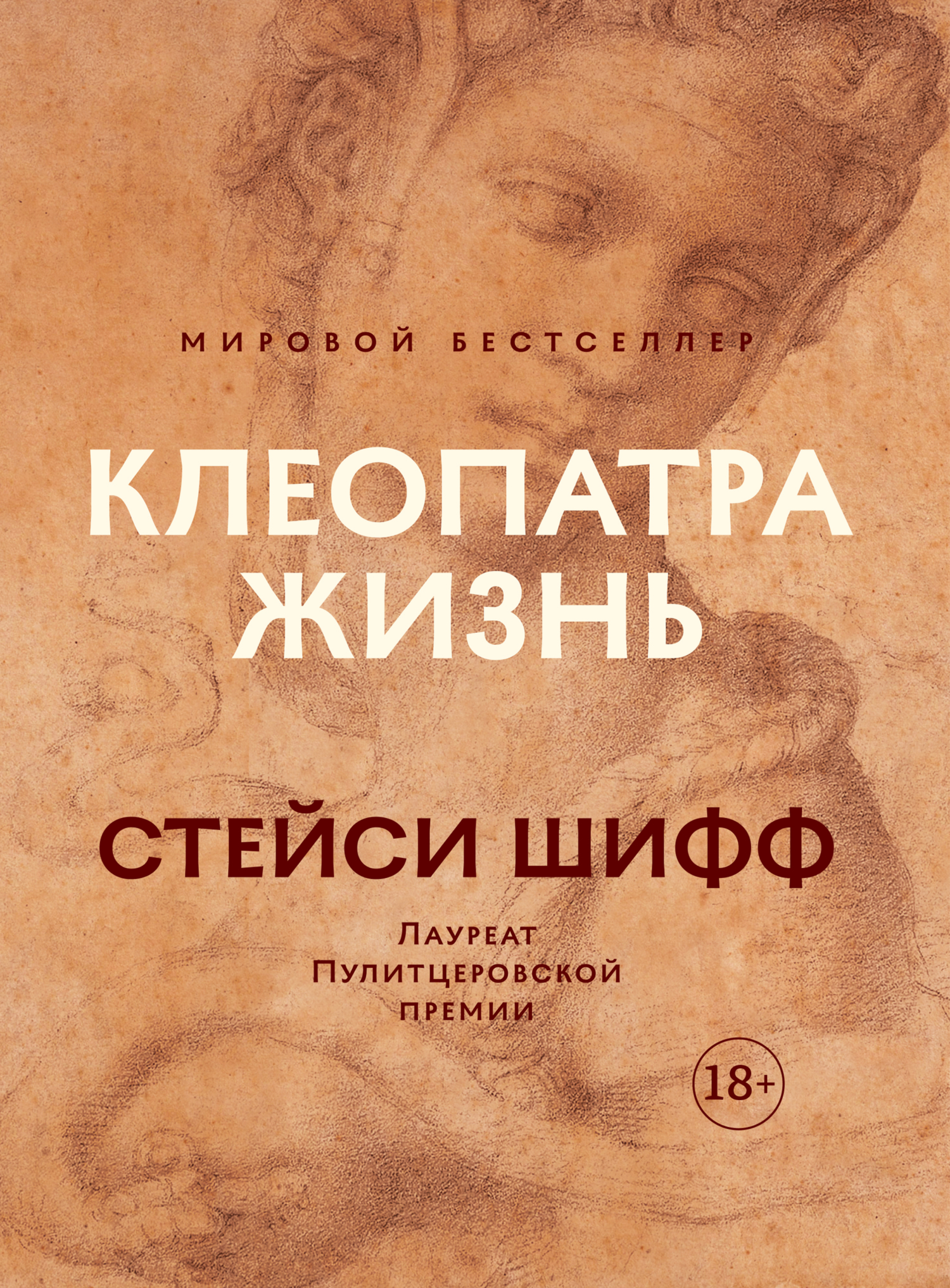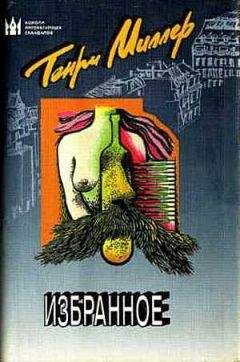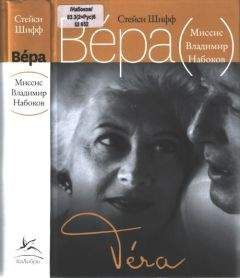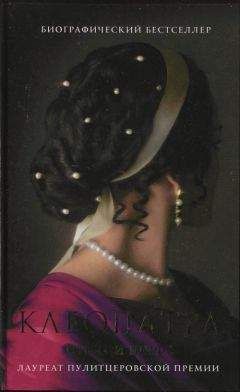A History of Education in Antiquity. Madison: University of Wisconsin Press, 1956;
Morgan T. Literate Education in the Hellenistic and Roman Worlds. Cambridge: Cambridge University Press, 1998; Rawson, 1985.
О браках Птолемеев и родственных браках: Bennett C. Cleopatra V Tryphaena and the Genealogy of the Later Ptolemies // Ancient Society 28 (1997): 39–66; Carney E. The Reappearance of Royal Sibling Marriage in Ptolemaic Egypt // La Parola del Passato XLII (1987): 420–439; Hopkins K. Brother-Sister Marriage in Roman Egypt // Comparative Studies in Society and History 22, no. 3 (1980): 303–354; Ogden D. Polygamy, Prostitutes and Death: The Hellenistic Dynasties. London: Duckworth, 1999; Shaw B. D. Explaining Incest: Brother-Sister Marriage in Graeco-Roman Egypt // Man 27, no. 2 (1992): 267–299. Касательно женщин в Египте Птолемеев: Bagnall R. S. Women’s Petitions in Late Antique Egypt // Hellenistic and Roman Egypt: Sources and Approaches. Burlington, VT: Ashgate Publishing, 2006; Bagnall, Cribiore, 2006; Balsdon J.: V. D. Roman Women: Their History and Habits. (London: Bodley Head, 1962; Burton J. B. Theocritus’s Urban Mimes: Mobility, Gender, and Patronage. Berkeley: University of California Press, 1995: 147–155. Fantham E. etc. Women in the Classical World. New York: Oxford University Press, 1994; Lefkowitz M. R., Fant M. B. Women’s Life in Greece and Rome. London: Duckworth, 1992; Moffat N.-L. E. The Institutionalization of Power for Royal Ptolemaic Women. MA thesis, Clemson University, 2005; Nourse K. L. Women and the Early Development of Royal Power in the Hellenistic East. PhD dissertation, University of Pennsylvania, 2002; Pomeroy, 1990; Préaux C. Le statut de la femme à l’époque hellénistique, principalement en Egypte // Receuils de la Société Jean Bodin III (1959): 127–175; Rowlandson, 1998. О позднем замужестве: Herring D. The Age of Egyptian Women at Marriage in the Ptolemaic Period // American Philological Association Abstracts (1988): 85.
1. Заголовок главы – Pompey, LXXVII; Plutarch, Brutus, XXXIII. Arthur Hugh Clough. New York: Modern Library, 1992. Эпиграф – Menander, The Doorkeeper // Menander: The Plays and Fragments. New York: Oxford University Press, 2001, 264.
2. Appian, II.84. On Pompey’s end, Appian, II.83–86; Dio, LXII.iii – iv; CW, 103; Plutarch, Pompey, LXXVII.
3. Florus, II. xiii. 5; Appian, II.89; Dio, XLII.vi – viii; CW, 106; AW, 1; JC, XLVIII; Plutarch, Pompey, LXXX.5, 6.
4. CW, III.10.
5. JC, XLIX (ML translation); Plutarch, JC, XLIX. Лучше всего о появлении Клеопатры: Whitehorne J. Cleopatra’s Carpet // Atti del XXII Congresso Internazionale di Papirologia II (1998): 1287–1293. О географии ее пути по побережью: Gardiner A. H. The Ancient Military Road between Egypt and Palestine // Journal of Egyptian Archeology 6, no. 2. April 1920: 99–116. Ахилл Таций описывает путешествие из Пелузия в Александрию по Нилу: III.9. См. также: Polybius, V.80.3. Interviews with Lionel Casson, April 18, 2009; John Swanson, September 10, 2008; Dorothy Thompson, April 22, 2008. Роджер Багналл указывает, что Клеопатра также могла проехать через дельту Нила по побережью, ведь там была дорога (из письма Р. Багналла автору, 8 июня, 2010).
6. Diodorus, I.30.7. Similarly MA, III.
7. Dio, XLII.xxxiv.6.
8. Dio, XLII.xxxiv.5.
9. A, XXVII; Dio, XLII.xxxiv.5.
10. Dio, XLII.lvi.1.
11. Dio. XLII.xxxiv.5.
12. Suetonius, citing Curio, DJ, LII.3.
13. Dio, XLII.iii.3.
14. Цезарь далеко не единственный, кто отрастил себе с годами «ретроспективную гиперсексуальность». Писательница Маргарет Этвуд говорит о библейской Иезавели: «Размер сексуального багажа, постепенно скопившегося у этой женщины, поражает – особенно если учесть, что в первоисточнике она вообще не делает ничего даже отдаленно сексуального, разве что пользуется косметикой»: Margaret Atwood. Spotty-Handed Villainesses: Problems of Female Bad Behavior in the Creation of Literature, http://gos.sbc.edu/a/atwood.html.
15. Dio, XXXVII.lv.2.
16. Лукан вкладывает в уста Цезаря слова: «И если б властитель Фаросский / Не ненавидел сестру, воздать ему по заслугам / Я бы сумел: за дар бы такой я твою, Клеопатра, / Голову брату послал!» (Марк Анней Лукан. Фарсалия, или Поэма о гражданской войне, IX.1069–1071, пер. Л. Е. Остроумова.)
17. AW, 70.
18. Chugg A. The Tomb of Alexander the Great in Alexandria // American Journal of Ancient History 1.2 (2002): 75–108.
19. Wyman Hartle R. The Search for Alexander’s Portrait // Philip II, Alexander the Great and the Macedonian Heritage / Ed. W. Lindsay Adams, Eugene N. Borza. Washington, DC: University Press of America, 1982, 164.
20. О проблемной генеалогии Птолемеев: Bennett, 1997. Страбон тоже красноречиво высказывался по этому поводу. О шатком аргументе в пользу того, что Клеопатра происходила из семьи египетских жрецов: Huss W. Die Herkunft der Kleopatra Philopater // Aegyptus 70 (1990): 191–203. О нетвердости власти Птолемеев: Brian C. McGin. Revolt Egyptian Style: Internal Opposition to Ptolemaic Rule // Archiv für Papyrusforschung 43.2 (1997): 273–314; Mooren L. The Ptolemaic Court System, Chronique d’Egypte LX (1985): 214–222. Анна Свидерек предлагает посмотреть на насилие в благородном семействе через призму, можно сказать, юмора: Swiderek A. Le rôle politique d’Alexandrie au temps des Ptolémées // Prace Historyczne 63 (1980): 105–115.
21. François Chamoux. Hellenistic Civilization. Oxford: Blackwell, 2003, 135.
22. Прозвище Флейтист Птолемею XII могли также дать за его поклонение Дионису, см.: Bianchi, 1988, 156.
23. О женщинах в бизнесе см. главным образом: Pomeroy, 1990, 125–173. Вывод об одной трети: Bowman, 1986, 98, плюс включение в расчеты наследств и приданых.
24. Herodotus, The Histories, George Rawlinson, tr. New York: Knopf, 1997, II.xxxv. См. также: Diodorus, I.27.1–2; Strabo, 1.2.22, 17.2.5; Phiroze Vasunia. The Gift of the Nile: Hellenizing Egypt from Aeschylus to Alexander. Berkeley: University of California Press, 2001.
25. Philo, On the Embassy to Gaius, XLIII.338. C. D. Yonge translation, The Works of Philo. Peabody, MA: Hendrickson Publishers, 1993.
26. В реконструкции Криса Беннетта Клеопатра VI Трифена была скорее двоюродной, а не родной сестрой Авлета. (Chris Bennett, 1997, 39–66.)
27. Афиней цит. по: Tarn and Griffith, 1959, 307.
28. Thompson, 1988, 78.
29. Forster E. M., 2004, 34.
30. Cribiore R. Gymnastics of the Mind: Greek Education in Hellenistic and Roman Egypt. 2001, 69.
31. NH, II.iv.13.
32. Heraclitus, Homeric Problems, 1.5.
33. Cicero, Brutus, XV.59. Как писала Элизабет Роусон: «Концовка речи стремилась быть скорее убедительной, чем правдивой, а экстравагантные предметы, предлагаемые начинающему оратору, чтобы он мог блеснуть своим мастерством, часто побуждали его к оригинальности, а не к серьезным размышлениям о важных вопросах»: Rawson E. Cicero: A Portrait. London: Bristol Classical Press, 2001, 9.
34. Quintilian, 7.2.6; 3.8.55–58.
35. Ibid., 2.13.16; 2.10.8.
36. George Bernard Shaw. Notes to Caesar and Cleopatra // Three





![Сильвия Дэй - Сплетенная с тобой [Entwined with You]](https://cdn.my-library.info/books/2818/2818.jpg)